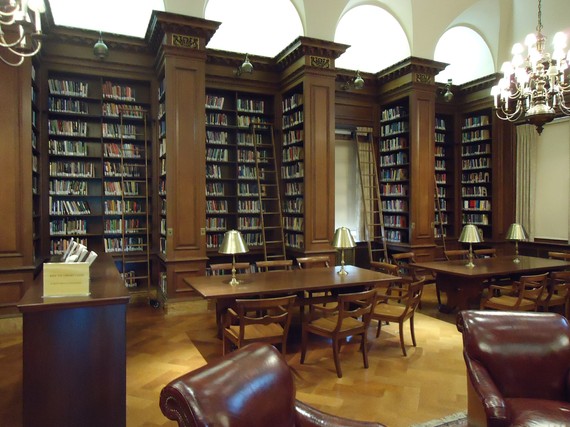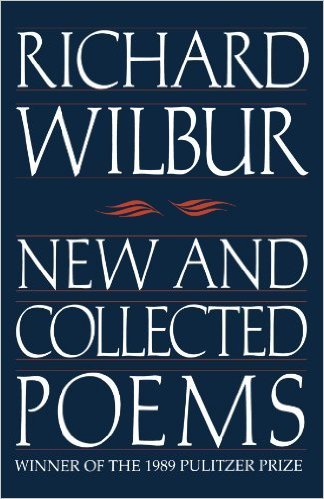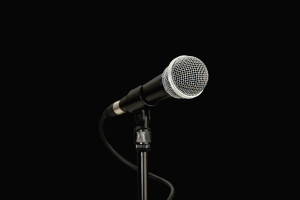Writers ask me all the time if they should do an MFA, a degree that gets lots of negative criticism these days.
I tell them that my own experience was very positive, a great start to a long career, and I list the main things I got out of the MFA:
1) I learned to write under deadline. I took lots of creative writing classes in college, but I never had to produce so much writing per semester with a jury of my peers waiting to pass sentence. It wasn't always easy, but it helped me later on when editors at newspapers demanded revisions, and sometimes quickly. Ditto with book and anthology editors.
2) I found a community of writers. No, I didn't like everyone in my program. Some people were arrogant, some people were lazy, some people had never read anybody before Kerouac and didn't intend to. But there were students who were passionate about their craft, excited about the process, and thrilled to be there. The hothouse environment was very stimulating.
3) Those same writers came from widely different backgrounds and had different reading interests. They introduced me to writers I never would have read on my own--and with a sense of urgency. I still remember sitting at lunch when someone rushed in with a book just published by Richard Wilbur and shoved it at me: "You have to read this poem." I did, and I fell in love.
4) If there's a literature component, and mine was almost 50% lit, you'll be exposed to older authors who can stimulate your writing. Without my program, I would never have read Joseph Conrad, Hart Crane, Baudelaire, Iris Murdoch and many more on my own. As Cynthia Ozick advises: "Read, read, read... Every writer is first a wide reader."
5) Writing programs are magnets for readings. They invite poets, fiction writers, and memoirists to read to their students on a regular basis. I'm not talking about networking (though that's important, too), I'm talking about being listening to a range of contemporary writers you can't easily match elsewhere. You not only get to hear their work, you also get to study how they perform it, which is invaluable practice for when you launch your own career.
If you decide on investing your time and money, do the research. You can find rankings and reviews on line, blogs by people who attended the programs you're interested in, ratings of the faculty, financial aid info -- everything you need to make your decision. And make sure to read the work of the professors you'd be studying -- if you don't feel simpatico, you might want to pick another program.
Lev Raphael is the author of Writer's Block is Bunk (Advice for Writers) and 24 other books in genres from memoir to mystery.



